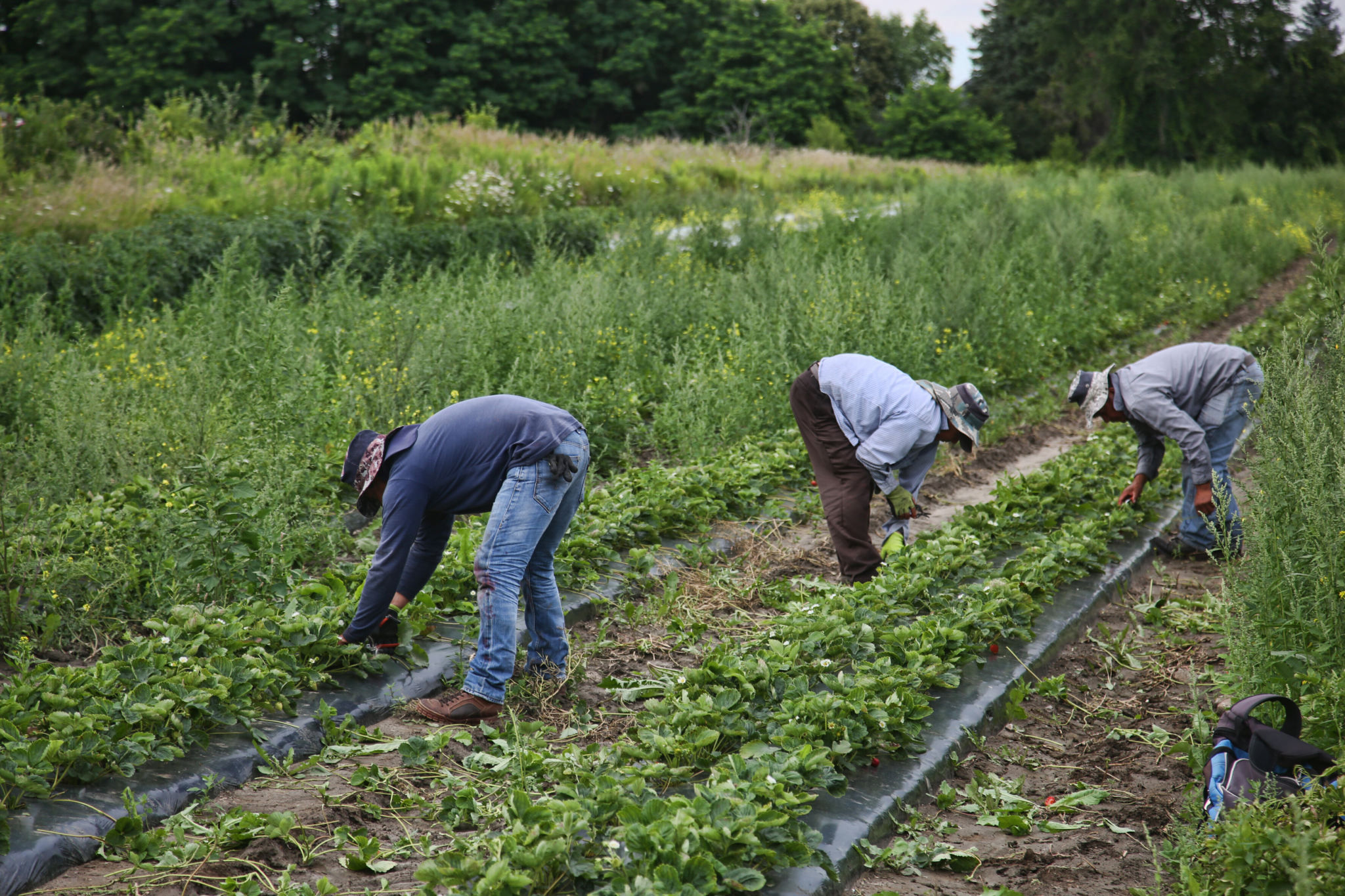In June 2025, the Canadian government introduced Bill C-2, a harmful new law that puts the rights and safety of people seeking asylum at risk.
If passed, Bill C-2 would block refugee claims from people who have been in Canada for more than one year, even if they face danger in their home countries. It would give politicians the power to cancel permanent residence, work permits, and study permits without a fair process. The bill would also expand police and intelligence surveillance powers to target anyone, regardless of their immigration status.
This bill would violate the rights of people seeking safety in Canada and break Canada’s promises under international human rights law.
Here’s what you can do:
Write to the Prime Minister urging him to:
- Withdraw Bill C-2 and instead uphold Canada’s commitments to dignity, protection, and justice.
Write to:
Prime Minister Mark Carney
Office of the Prime Minister
80 Wellington St.
Ottawa, ON, K1A 0A2
Salutation: Dear Prime Minister Mark Carney,
And copy:
Gary Anandasangaree,
Minister of Public Safety
ps.ministerofpublicsafety-ministredelasecuritepublique.sp@canada.ca
Lena Metlege Diab,
Minister of Immigration, Refugees and Citizenship
Bill C-2 threatens the rights of people seeking safety in Canada
In June 2025, the Canadian government introduced Bill C-2, also called the “Strong Borders Act.” The bill proposes major changes to Canada’s laws on border security, immigration, asylum, customs, and law enforcement. If passed, it would make it much harder for people to seek safety in Canada and could put many at risk of being sent back to danger.
What Bill C-2 will do:
If Bill C-2 becomes law, it would:
- Create a one-year deadline to claim refugee protection in Canada. Anyone who has been in the country longer than that would not have their claim heard by the Immigration and Refugee Board, even if conditions in their home country became dangerous after they arrived. They could face deportation to unsafe situations.
- Make it harder for people who crossed into Canada from the United States to have their refugee claims heard. The bill removes the rule that allowed people who entered between official border points to apply for protection after 14 days.
- Give government ministers broad power to cancel valid immigration documents including permanent residency, work permits, and study permits based only on vague claims of “public interest.” These decisions could be made without proper process or individual review.
- Allow police and intelligence agencies greater access to people’s private information, no matter what their immigration status is.

The bigger picture: U.S.-Canada border restrictions
The Safe Third Country Agreement (STCA) between Canada and the United States already blocks most people from claiming refugee protection in Canada if they first arrived through the U.S. This agreement has led many to take dangerous routes across the border or hide their presence in Canada.
Amnesty International and other groups have long called for Canada to withdraw from the STCA. With the situation in the U.S. becoming more unsafe for many people seeking protection, the urgency to end the STCA has grown. Bill C-2 would make things worse by further limiting the ability of people crossing from the U.S. into Canada to seek asylum. It would also seriously harm the rights of asylum seekers, refugees, and migrants already in Canada.
Canada must uphold human rights
Everyone has the right to seek asylum from persecution and serious human rights abuses. Under international law, countries must not send people back to places where they face torture, abuse, or other serious harm. This protection, known as non-refoulement, applies to all people, no matter their immigration status.
Bill C-2 goes against these international legal standards. At a time when many countries are turning away people who need protection, Canada should not follow this path. Instead, the government must protect the rights of people seeking safety and immediately withdraw Bill C-2.
Please take action as soon as possible until October 1, 2025. The UA will be duly updated should there be the need for further action.
























